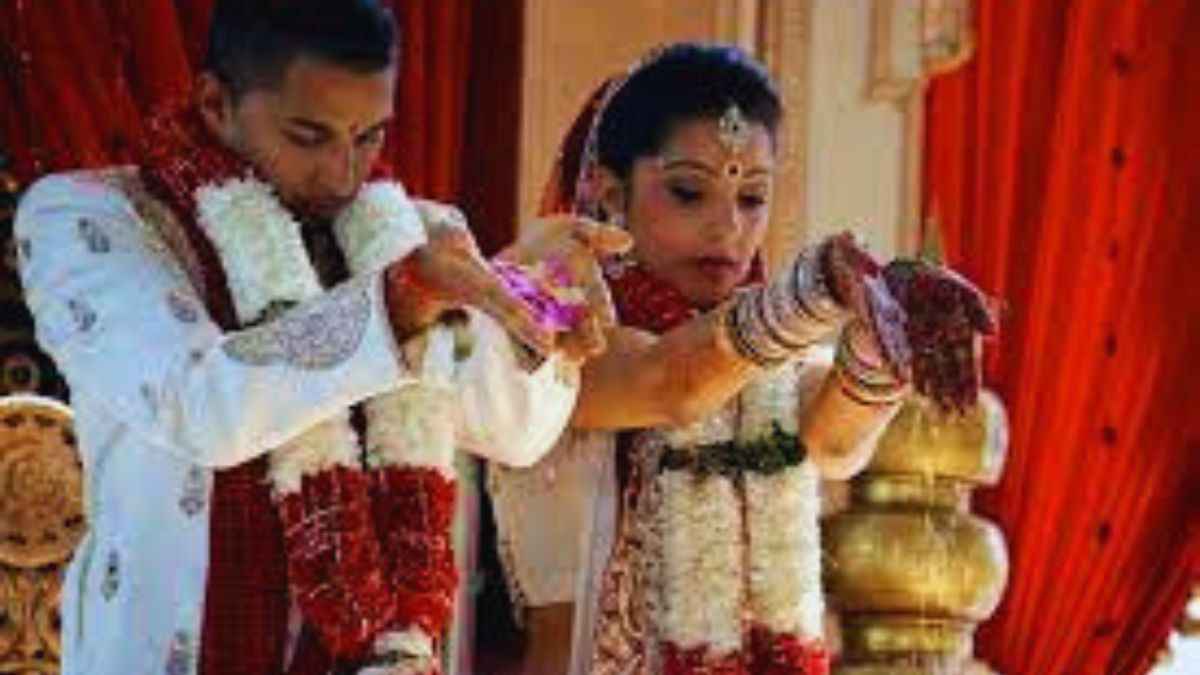Recently, Himanta Biswa Sarma, Chief Minister of Assam, has stated that the Assam state government is going to ban the practice of polygamy through “legislative measures”. He also said a “committee of experts” would be created to examine the issue in its entirety.
Polygamy as a practice
The practice of having not one but more than one married spouse (wife or husband) is known as polygamy. The issue of polygamy is covered both in personal laws and in the Indian Penal Code (IPC).
Historical background and current laws.
In India, polygamy was traditionally well accepted, mainly in the case of a man who had several wives. However, the practice was banned by the Hindu Marriage Act, 1955.
The Indian Penal Code also criminalizes this practice. Bigamy (having two living married spouses) and polygamy (having more than one living married spouse) have been penalized under Section 494 of the IPC. The Section statements are:
Section 494 of the Indian Penal Code.
“Remarrying during the life of the husband or wife.- Anyone who, having a living husband or wife, marries in any case in which said marriage is void because it was celebrated during the life of said husband or wife, will be punished with punishment.” of imprisonment of any kind for a period which may extend to seven years, and shall also be liable to a fine.”
However, it is critical to note that the provision does not apply to situations where one of the spouses within the marriage has been “continuously absent” for the “space of seven years.” This implies that in the case of abandonment of a marriage, the law does not force the abandoned spouse not to remarry. Furthermore, the provision also does not apply to marriages declared void by the court.
How does the court define second marriage?
Let us understand this with the help of a hypothetical situation. Suppose a man has remarried despite having a living wife. Now, the first wife would file a complaint against her husband claiming that he remarried. The court will now examine whether the husband has entered into a second marriage that is legally valid. In simpler terms, to be called “marriage”, the second marriage would have to be performed in accordance with prescribed customs. In case the second marriage is invalid and is simply an adulterous relationship, it will not be qualified as a valid marriage for subsequent proceedings under the law.
What will happen if the second spouse is not aware of the first marriage?
Also in such a situation the law tries to protect the innocent. Section 495 of the Indian Penal Code protects the rights of the second spouse in bigamous marriage situations. The article punishes anyone who commits bigamy and hides the fact of the first marriage from the second spouse with a prison sentence and fine.
READ ALSO: AI alarm: Joe Biden meets with CEOs of Microsoft, Google and Open AI at the White House
Categories: Optical Illusion
Source: ptivs2.edu.vn
